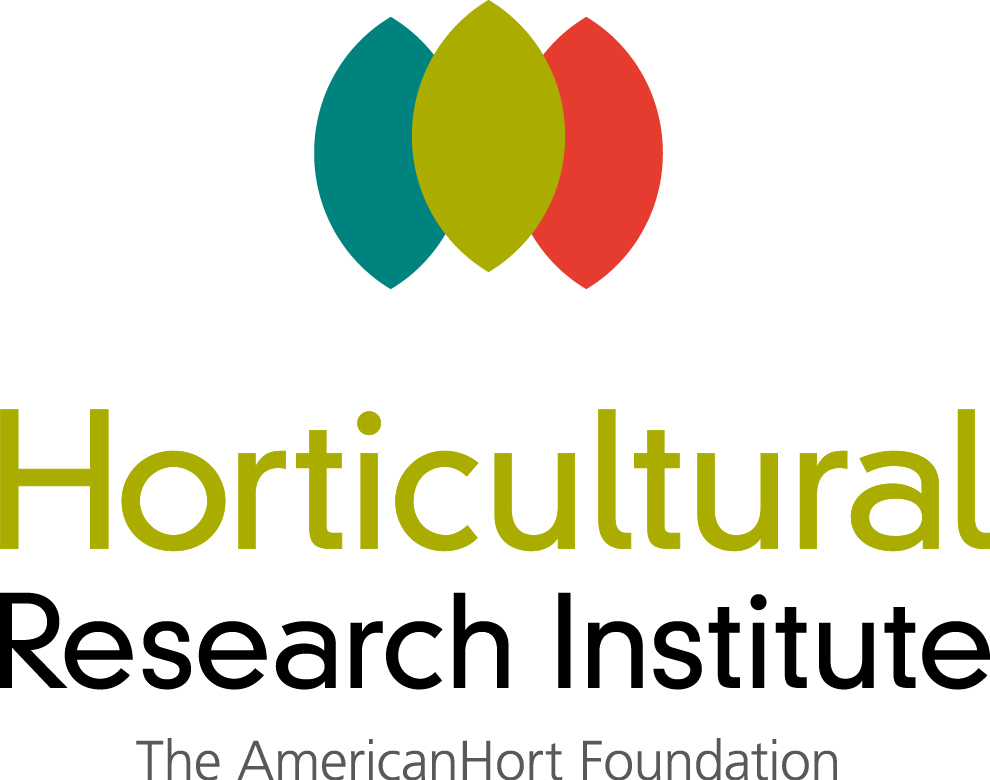Growth Response and Mineral Uptake of Vegetable Transplants Grown in a Composted Sewage Sludge Amended Medium.I. Nutrient Supplying Power of the Medium
Six vegetable species, broccoli, cabbage, lettuce, eggplant, pepper, and tomato plants were grown for 8 wks on a medium of composted sewage sludge (compost), perlite, and peat (equal parts by volume). P, Ca, and Mg were adequate for the growing period, but accumulation of N and K did not increase after the 6th wk after transplanting. Cabbage and broccoli accumulated greater amounts of N and K from the medium and could be successfully grown in the medium without supplemental fertilization. Zn and Cd, potentially hazardous heavy metals present in compost, did not reach excessive levels for either plant nutrition or human consumption.
Contributor Notes
Scientific Article No. A3564, Contribution No. 6639 of the Maryland Agricultural Experiment Station. This project was partially funded through a Cooperative Research agreement between the Department of Horticulture, University of Maryland and the Biological Waste Management of Organic Resources Laboratory, BARC, USDA, Beltsville, Md.
2Former graduate assistant, Assoc. Professor and Professor, resp.
3Research Agronomist, Soil-Microbial Systems Laboratory, U.S.D.A. BARC, West Bldg. 318, Beltsville, Md. 20705.
